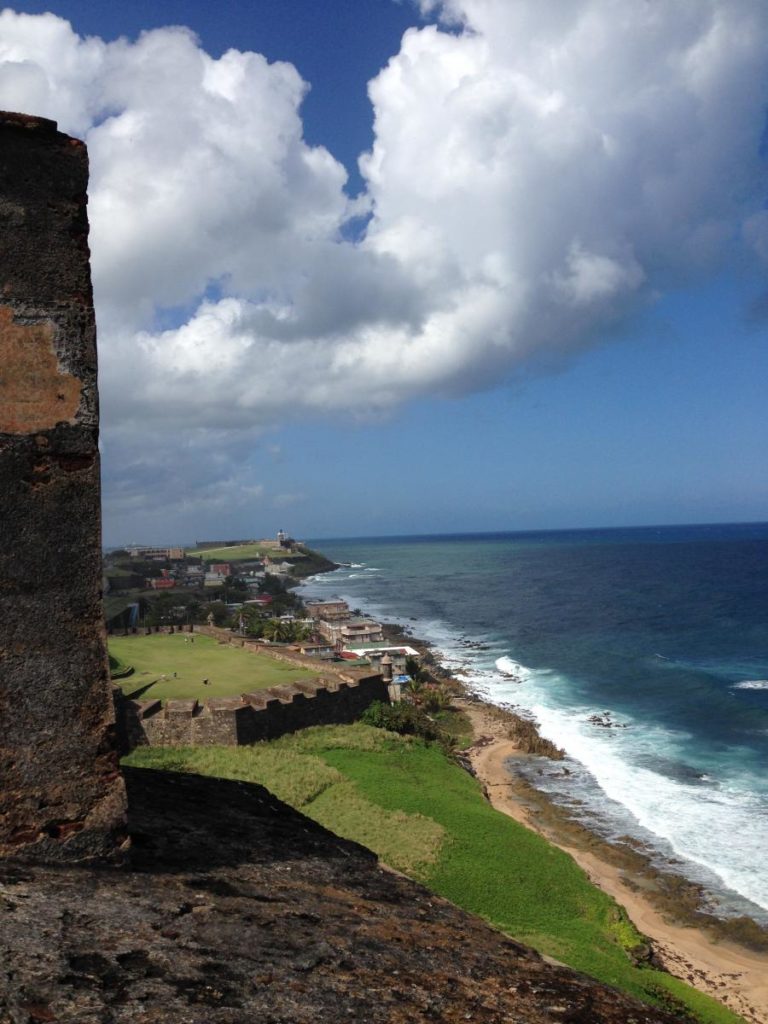This month we are welcoming newcomer Maurice Emerson Decaul (whose work will also appear in Issue 10 this fall) and welcoming back Tess Taylor, Luisa A. Igloria, Cliff Forshaw, and Valerie Duff.
Julia Pike
Friday Reads: July 2015
By KURT CASWELL, SARAH WHELAN, SAHIBA GILL, PAOLA PERONI, OLIVIA WOLFGANG-SMITH
Are you up for a challenge? This month we’re reading books that test us as they enlighten us, seeking to explain the world on a grand scale—warts and all. We’re held rapt by catalogs of world travel, remembered across decades; the brutal pageantry of crisis erupting through daily rituals; the history of poverty and injustice; the intricacies of mental illness, personal and societal. Don’t turn to these titles for escape—we’re here to focus the lens of the human experience and find something as irascible as it is beautiful.
July 2015 Poetry Feature
Please join us in welcoming Ukrainian poet SERHIY ZHADAN to our pages—and look for more of his work forthcoming in our print journal.

All poems translated by Ostap Kin. With an introduction by Polina Barskova.
June 2015 Poetry Feature
This month we welcome a poet new to our pages: Colin Channer, whose work will also appear in Issue 10 (Fall 2015).
May 2015
Please enjoy five new poems by our contributors.
The King of Bubbles
By EDIE MEIDAV
Sinking lower in the club’s hot tub and today a birthday marks his face one notch less recognizable when anyway, meeting someone these days means who you say you are matters both less and more. Who cares, really? Get older and it becomes easier to say who you are not. No king of industry, that myth abandoned before anyone finished saying Constantinople, but who even says Constantinople anymore, such flourish abandoned in his particular past as a history major, an epoch in which windmilling toward the future seemed to matter, toting around the flag of belief that what happened before could actually help you later. Now just a service-minded bumbler close to retirement going around to enlighten the masses and so what if certain efforts fizzled? Could happen to anyone.
Jesse Owens, Mr. Harris, and Me
This is how my mother tells it. Jesse Owens taught her to run. I am thirteen. I have just come back from track practice. I have no skill at anything athletic. But junior high for me has been a series of attempts to assimilate. That year in the yearbook, there isn’t a club I’m not in—Chess Club, Stamp Collecting, French Club, Honors Society—and because track is the only sport you do not have to try out for, they’ll take anyone, I sit in the front row of the photo, a dark spot in the expanse of white faces.
April 2015 Poetry Feature
Celebrate Poetry Month with 9 new poems by our contributors!
Where Does the Time Go?
My relationship with Joni Mitchell and her music moves through two stages. My early admiration for her—in the seventies—in some ways anticipated the zeitgeist. Then I stopped listening to her for about a quarter of a century. I began to rediscover Mitchell’s work in the new millennium, when, by coincidence, so was the rest of the world.
The Common Statement

El Morro guards the northwestern tip of the old city, a headland with sparkling three-sixty views. Poised to fire cannons and guns against approaching sea invaders, the stone castle—six zigzagging levels, walls thick as hallways—was built by the Spanish starting in the early 1500s. El Morro protected Spain’s “porto rico,” the harbor crucial to any European empire seeking a foothold in the resource-rich Caribbean basin. But while El Morro protected San Juan from a seaside attack, the city’s eastern flank remained exposed to ambush by land, a weakness exploited by the British in 1598, then the Dutch in 1625. The Dutch succeeded in burning the city to the ground, but no one ever captured El Morro, whose now pleasant grassy lawn was, several times over, a bloody battlefield. After these near catastrophes, Spain began a second fort, Castillo San Cristóbal, at the city’s northeastern headland. Spain held Puerto Rico until the Spanish-American War, when the U.S. intervened in Cuba’s struggle for independence. During a few short, calamitous months in 1898, Spain lost to the U.S. its Pacific and Caribbean lands, including the Philippines, Puerto Rico, Guam, and, temporarily, a nominally independent Cuba. An empire of nearly four hundred years dissolved like cobwebs in rain.










